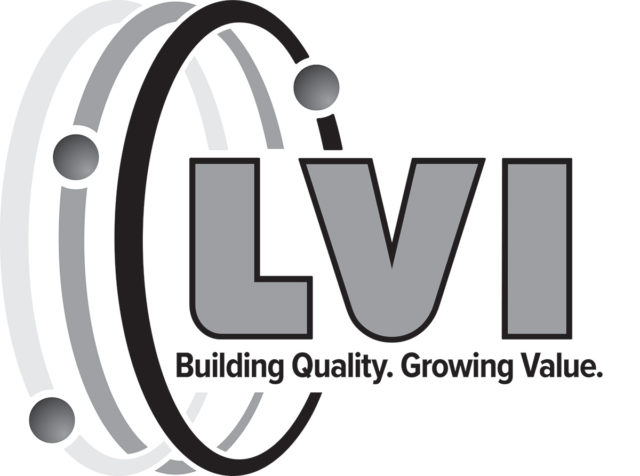David P. Casper Brookings, South Dakota Assistant Professor of Dairy Science South Dakota State University
What education are you bringing with you to this position?
My undergraduate degree was from theUniversity of Wisconsin – Plattevillein animal science, with a minor in chemistry. I then went to South Dakota State University to pursue a master’s degree in dairy science. My doctoral degree is in animal science with a dairy specialization from South Dakota State University.
Please describe your agricultural background.
I grew up on a dairy and livestock farm in southwest Wisconsin.
What are your new responsibilities?
My position is a 70 percent research and 30 teaching appointment. My research program will be on dairy cattle nutrition using calves through lactating cows, including growing dairy replacement heifers, transition cows and dry cow research.
What territory will you cover?
South Dakota, National and International
What previous positions have you held?
After obtaining my doctorate, I was a research dairy scientist with USDA’s Agricultural Research Service in Beltsville, Maryland, where I researched the energy metabolism of dairy cattle using the energy chambers.
From there, I accepted a position with Cargill as dairy innovation development manager while leading the dairy research program. I then accepted a position with Agri-King Inc. as consulting dairy nutritionist and had been with them for 14 years, rising up through the ranks. I was vice president of nutrition prior to accepting the position here at SDSU.
What excites you most about working in your new role?
I’m really fascinated and excited about being able to conduct more research, as well as getting back into the classroom, while using my industry experiences to demonstrate the application of basic science concepts and technology.
Because I’m still out working directly with dairy producers, I can bring those observations from the dairy farm back to the classroom and even back into the research program.
How will you be of most help to producers in your region or area of expertise?
The university granted me the opportunity to continue some consulting work with industry and dairy producers around the country. I really enjoy working with people and being out on the dairy farm doing dairy nutrition consulting and ration formulation, so there’s a group of dairy herds I work closely with yet today.
Through this agreement, I’ll be able to see the concerns, challenges or struggles that the dairy producers are dealing with on a day-to-day basis, while bringing that information back to the teaching and research program here at SDSU. I envision both programs will reinforce and enhance each other.
Why did you choose this university?
One of my career aspirations was to have a teaching and research position. Even though I was in the industry for several years, I always had that desire to obtain a position like this. South Dakota and SDSU were places that I really enjoyed during my graduate program and when this opportunity presented itself, I went for it.
What goals would you like to accomplish while in this position?
The areas of research that I’m going to start working on first include the area of forage quality and high-forage diets for lactating dairy cows, as well as amino acid nutrition. I have some ideas and thoughts as to what we may be able to do from a ration formulation standpoint to influence amino acid availability to the cow.
On the forage quality side, I want to focus on the mid-lactation and late-lactation dairy cows. Everyone likes doing research with the early-lactation high-producing dairy cow, including myself. But mid-lactation to late-lactation cows are a group of cows on the farm that do get ignored from time to time.
If they can be fed a very high-forage diet that is very high quality, I may be able to reduce the purchase feed cost even more and make these cows more profitable for the dairy producer, i.e. improve income over feed costs to enhance sustainability and profitability of the dairy operation. PD




